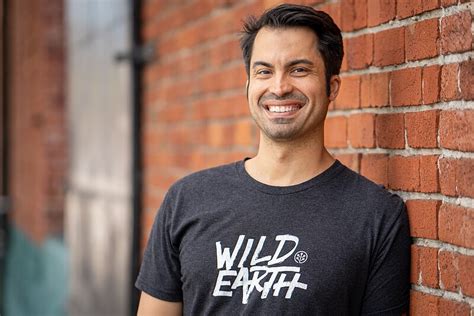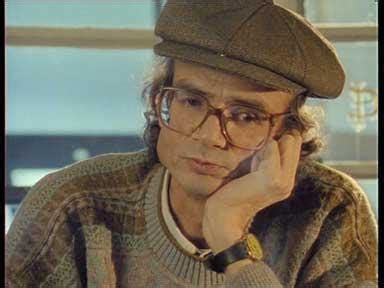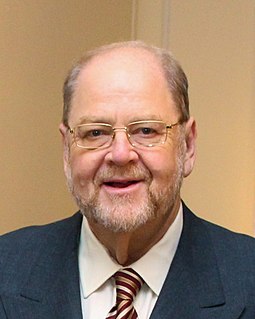A Quote by Craig Venter
Synthetic biology can help address key challenges facing the planet and its population. Research in synthetic biology may lead to new things such as programmed cells that self-assemble at the sites of disease to repair damage.
Related Quotes
I think one of the both liberating and terrifying prospects from synthetic biology for example is that you are going to have all of these do it yourself biosynthetic labs where people are going to be playing with the software of life. We are going to have a new generation of artists that are going to be playing with genomes the way that Blake and Byron used to play with poetry. And when genomes are the new canvas for the artist, we might be able to radically upgrade the human species and the software of the biology of the human species.
In the next century, we will be inventing radical new technologies - machine intelligence, perhaps nanotech, great advances in synthetic biology and other things we haven't even thought of yet. And those new powers will unlock wonderful opportunities, but they might also bring with them certain risks. And we have no track record of surviving those risks. So if there are big existential risks, I think they are going to come from our own activities and mostly from our own inventiveness and creativity.
Fifty percent of the world's population lives in cities. In a couple of decades, 70 percent of the world's population will be living in cities. Cities are where the problem is. Cities are where the solution is, where creativity exists to address the challenges and where they have most impact. This is why, in 2005, the C40 was founded, an organization of cities that address climate change. It started with 18 cities; now it's 91. Cities simply are the key to saving the planet.

































